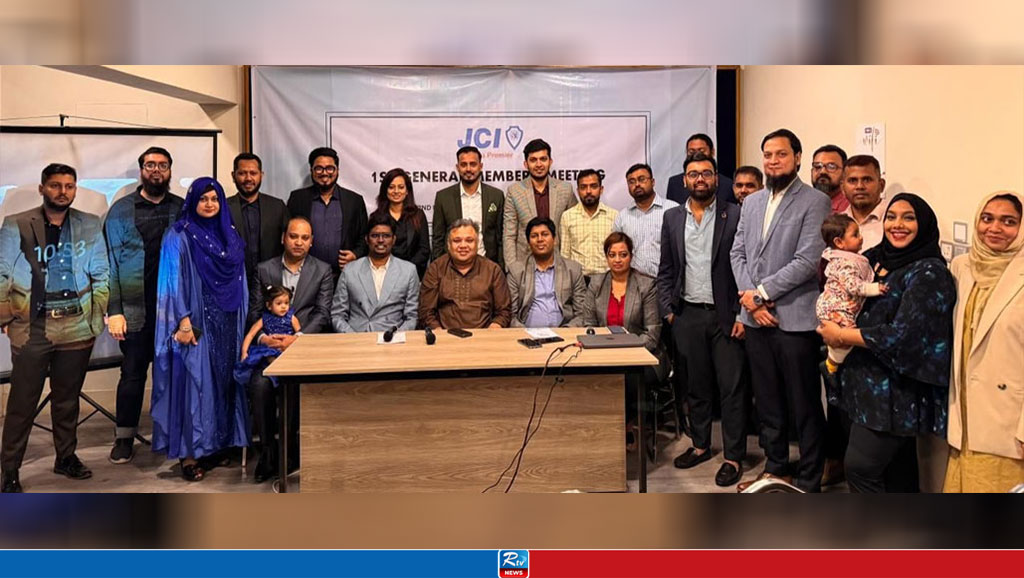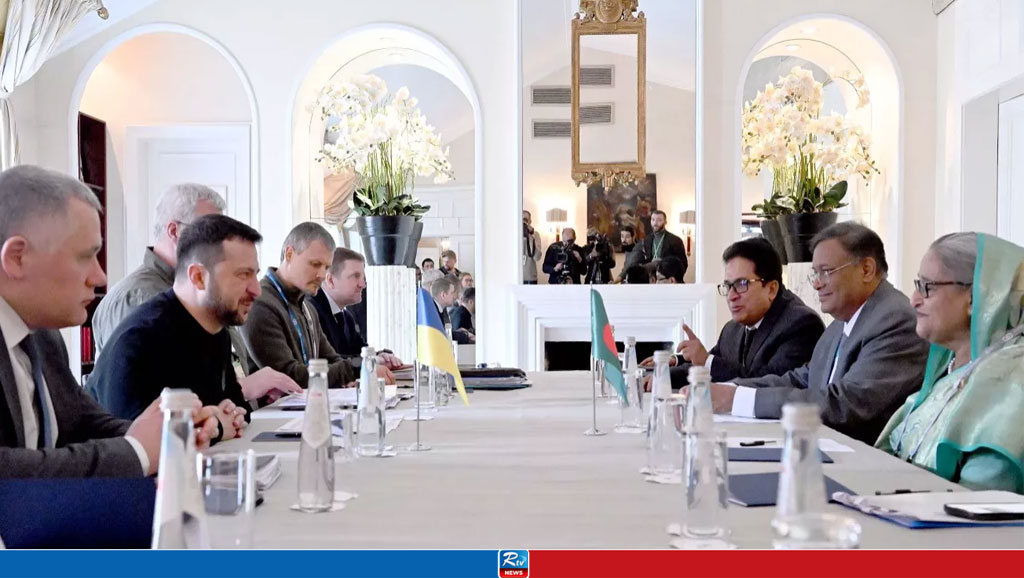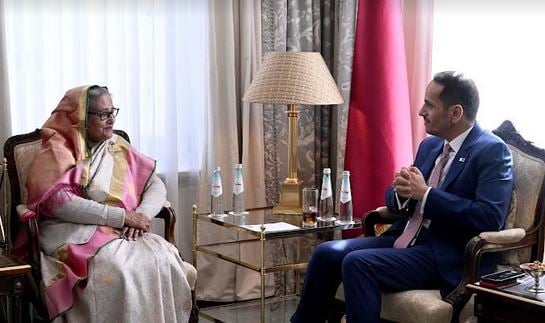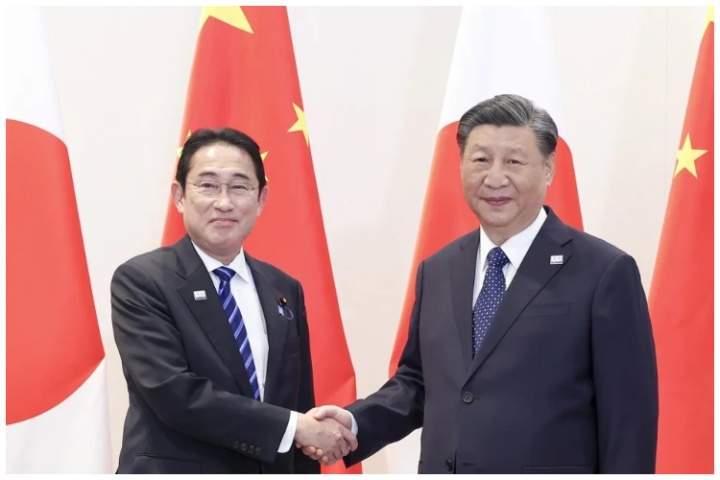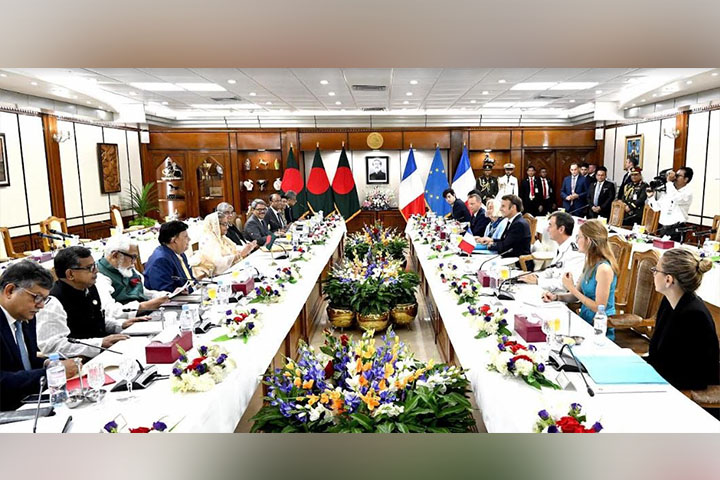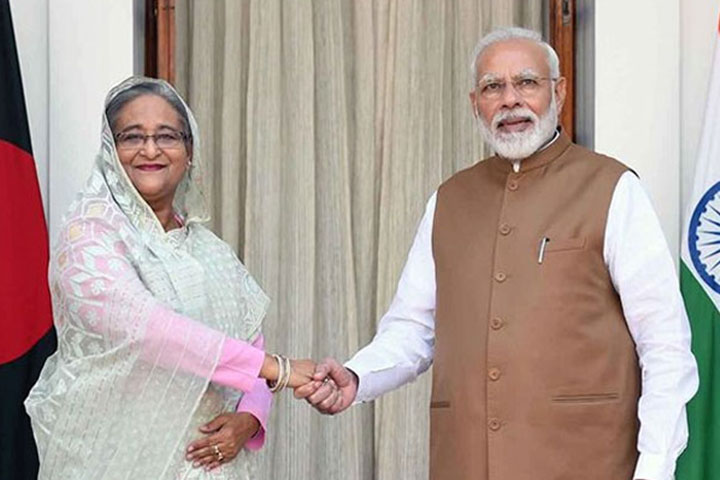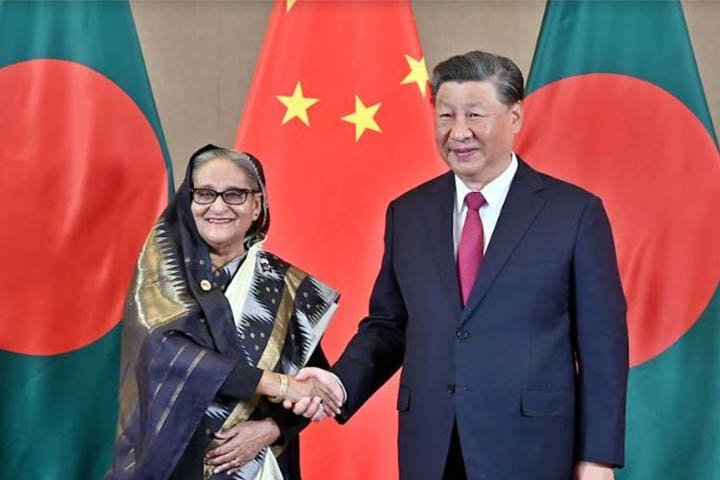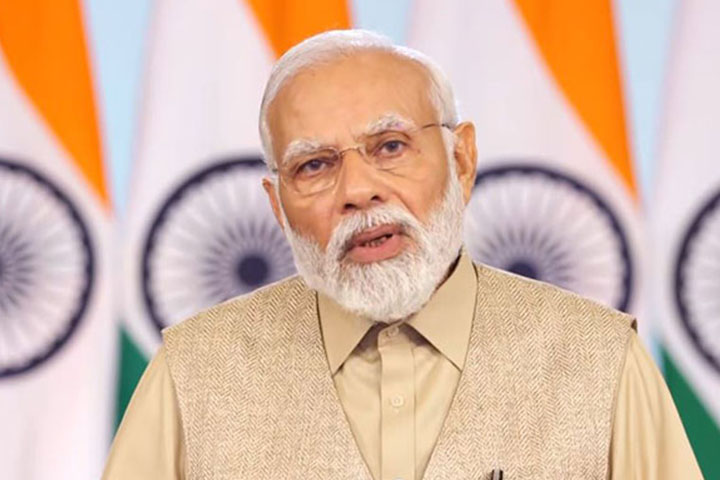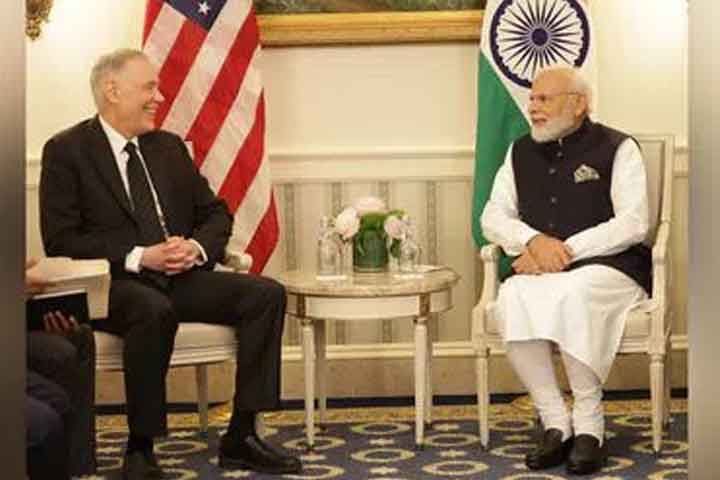Japan and China fail to close gap on thorny issues after ‘pointless’ Kishida-Xi meeting
A meeting between Japanese Prime Minister Fumio Kishida and Chinese President Xi Jinping on the Apec sidelines in California last week has been dismissed by Japanese media and analysts as "pointless".
It has also been suggested that Beijing pushed harder for the meeting - the first between the two leaders since November 2022 - to go ahead at the Asia-Pacific Economic Cooperation (Apec) summit because Xi had hoped to encourage more Japanese firms to do business in China to offset its weak domestic economy.
In an editorial on Monday headlined "Kishida-Xi meeting did not achieve anything", the conservative Sankei Shimbun newspaper said while key issues were outlined in the 65-minute session on November 16, neither leader made any effort to move forward on "the top issues plaguing Japan-China relations".
Do you have questions about the biggest topics and trends from around the world? Get the answers with SCMP Knowledge, our new platform of curated content with explainers, FAQs, analyses and infographics brought to you by our award-winning team.
Jeff Kingston, director of Asian Studies at the Tokyo campus of Temple University, said he had low expectations ahead of the meeting. "The important part of the meeting was ... the optics of the two leaders meeting in person," he said.
No one had "realistically expected" any joint statement on thorny issues, such as the territorial dispute over the Diaoyu Islands, known by Japan as the Senkakus, Kingston said.
"There was never going to be a meeting of minds on Taiwan or freedom of navigation in the South China Sea," he added. "These things are closely choreographed, the ground rules are set well in advance, and it was the gesture of the meeting that was the important element."
Yoichi Shimada, an international-relations professor at Fukui Prefectural University, said Kishida had failed to adopt a more forceful line with the Chinese leader.
"Kishida said in his press conference after the meeting that he had raised all the important issues," Shimada said. "He may have raised them, but it does not appear that he pushed them very hard."
The Japanese leader called on the mainland Chinese government to accept scientific evidence on the safety of treated water being released from the Fukushima nuclear power plant amid Beijing's ongoing ban on Japanese seafood, underlined the need for "peace and stability in the Taiwan Strait" and expressed concern about human rights in Xinjiang province and Hong Kong.
Many Japanese had been "alarmed" at the arrest, detention and conviction of Japanese businesspeople in China in recent years but the issue was not decisively pushed at the meeting, Shimada said.
In the most recent case, a Japanese businessman detained in Beijing in March had been charged with espionage, Tokyo confirmed on Sunday. The man is the 17th Japanese national to be detained since China's espionage law was first introduced in late 2014 while five other Japanese individuals are still being held pending investigations or after being sentenced to prison terms.
"None of these people have been detained with proper cause and it is obvious that there is little point in Tokyo protesting any more, so the Japanese government should prepare a series of retaliatory measures or sanctions against China if Beijing still refuses to budge," he said.
The dovish Kishida was a firm supporter of the "pro-peace constitution" and was "afraid of antagonising" China's Communist Party, according to Shimada. Japan's foreign ministry has also been adhering to a conciliatory approach to China and has resisted all efforts to bring pressure to bear against Beijing, he added.
That has been further reinforced by US President Joe Biden taking a relatively soft line against China over the two countries' bilateral spats, he added.
The Sankei Shimbun listed the top areas of concern for Japan as the "arbitrary detention of Japanese nationals", and the long-running dispute over territory in the East China Sea, most notably the sovereignty of the Japanese-controlled Diaoyu Islands.
The third issue causing alarm in Tokyo is China's stepped-up military activities at sea and in the air close to Japan, including in cooperation with Russian forces, it said.
Instead of progress, the Sankei Shimbun pointed out, the two leaders merely confirmed the "broad direction of building a constructive and stable Japan-China relationship".
The conservative Yomiuri newspaper was also scathing of the outcome of the meeting, saying in a November 18 editorial that the summit had not "led to progress on a myriad of pending issues".
It also appeared to lay the blame at Beijing's door, concluding: "Whether the Chinese government is willing to improve relations with Japan can only be determined by its specific actions from now on."
In a separate article, the Yomiuri also claimed that China had called for the meeting in San Francisco and put closer economic cooperation with Japan high on its agenda.
Xi was quoted as telling Kishida that a "high-level opening-up will bring unprecedented [business] opportunities to countries around the world, including Japan".
The Chinese leader's "ulterior motive" is to convince the Japanese government and companies to restore trade with Chinese companies and ramp up investment across the country as one way of reversing China's slowing economy, according to the Yomiuri.
The bad publicity generated by the arrest of Japanese businesspeople seems to be harming that ambition, however, with a report released on Tuesday by the Japan External Trade Organisation determining that just 27.7 per cent of Japanese firms intend to expand their operations in China in the future.
Just 33 per cent of Japanese firms with operations in China in 2022 were optimistic about the Chinese economy's future direction, down from 41 per cent one year earlier, the report added.
Other, more liberal Japanese media have tended to side with the position of good optics, with the centrist Mainichi stating in an editorial that "there is significance in the fact that they share a general direction" and that the meeting "should be treated as a step toward strengthening mutual understanding".
Likewise, in an article headlined "Talking offers Japan, China the best hope of good rapport", the Asahi newspaper said the "face-to-face exchange of candid views made good sense".
"As nations with a significant responsibility for regional stability, Japan and China must engage in continued and meaningful dialogue to explore avenues of effective and fruitful cooperation," it added.
The editorial concluded with a call for more frequent direct talks between the two leaders, as well as mutual visits.
Source: South China Morning Post
24 Nov 2023,17:10

















 Live Tv
Live Tv
